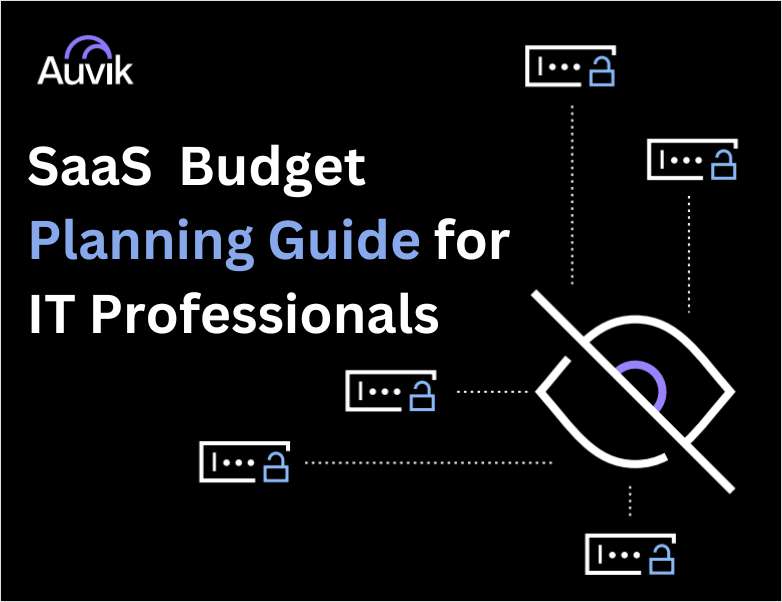SALEM, Ore. – Add Oregon to the list of states that have introduced measures to impose a corporate excise tax on state-chartered credit unions with $100 million or more in assets. The bill, introduced in the state legislature on March 14, was seen as the latest move by the banking industry to push legislation in state legislatures nationwide seeking to tax credit unions. The banks have long argued that credit unions enjoy an unfair competitive advantage because of their exemption from corporate income taxes. "We are disappointed that the banks have once again decided to attack Oregon's credit unions by introducing this bill," said Gene Poitras, president of the Credit Union Association of Oregon (CUAO). "And, for the record, credit unions do pay taxes – credit unions pay the same share of federal, state, and local taxes as any business, including real and personal property tax and employment tax. "Oregon's credit unions, with the support of the Credit Union National Association, will fight to protect consumers' rights to choose our not-for-profit tax structure," he said. HB3491, sponsored by four state representatives and a state senator at the request of the Oregon Bankers Association, comes as credit unions in the state were working to pass legislation to allow public funds to be deposited into their institutions. Some of the same legislators who backed the public funds deposit bill carried the bankers' measure, Poitras noted. "I have a feeling they don't totally understand what they're doing, so we're going to have to do some education," he said. The House measure would use the tax revenues generated from the credit unions to help fund improvements in elementary and secondary schools. A bill introduced earlier in the California Legislature, which sought a study on the tax exemption issue, also promised to use any tax revenues from credit unions to shore up funding for public schools. The measures come as states are slashing programs and seeking new revenue to try to balance their budgets. California's budget shortfall alone has been estimated at up to $34 billion. Oregon is facing a $225 million budget shortfall. Credit union officials in Oregon questioned the motives of the bankers and pointed out that the banking industry in the state has enjoyed record profits in recent years. "Banks are committed to maximizing corporate profit; credit unions are committed to reducing consumer cost," Poitras said. "The real question is, what is the Oregon Bankers Association's real agenda behind the introduction of this bill?" Oregon has a total of 106 credit unions, 24 of which are state chartered. Of those 24 credit unions, 13 have assets of more than $100 million, according to the CUAO. "What the banks are failing to tell Oregonians is that if HB3491 passes, an increase in taxes means increased fees for all consumers, whether a member of a credit union or not," the CUAO said in a prepared release. It also warned that without a credit union alternative, "there would be nothing in place to prohibit banks from charging customers outrageous fees." "Credit unions and banks may appear the same on the outside, but that is where the comparison stops," it said. "The original reason for granting credit unions a tax exempt status – their unique not-for-profit, cooperative status – is just as valid today as it was when the tax exemption was first granted. Oregon credit unions offer consumers a low-cost option to increasing bank fees." [email protected]
Continue Reading for Free
Register and gain access to:
- Breaking credit union news and analysis, on-site and via our newsletters and custom alerts
- Weekly Shared Accounts podcast featuring exclusive interviews with industry leaders
- Educational webcasts, white papers, and ebooks from industry thought leaders
- Critical coverage of the commercial real estate and financial advisory markets on our other ALM sites, GlobeSt.com and ThinkAdvisor.com
Already have an account? Sign In Now
© 2024 ALM Global, LLC, All Rights Reserved. Request academic re-use from www.copyright.com. All other uses, submit a request to [email protected]. For more information visit Asset & Logo Licensing.









